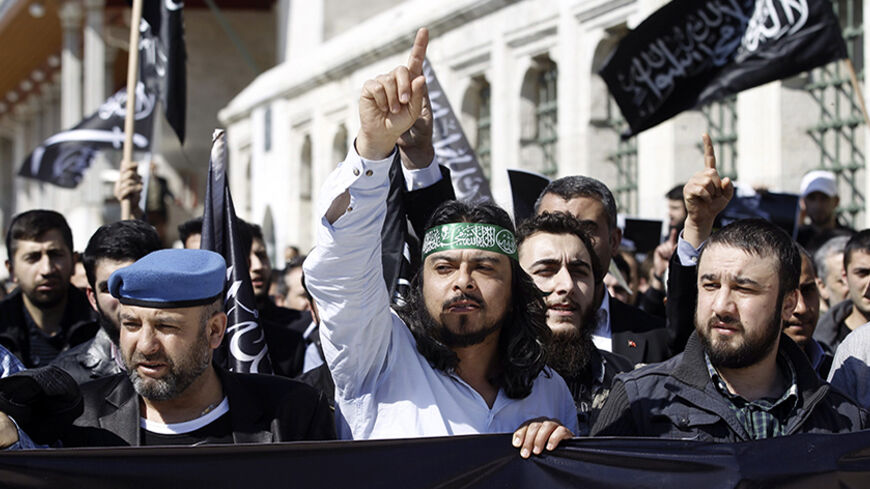In Russia, the alarming success of the Islamic State (IS), formerly the Islamic State of Iraq and al-Sham (ISIS), was lamented by many analysts and policymakers as, by and large, an indication of a short-sighted US policy under President George W. Bush leading to a virtual breakup of Iraq. In the current context of perpetual Washington-Moscow browbeating, this narrative finds Moscow supporters in the Middle East and elsewhere. However, Russians have enough to worry about for themselves as IS not only has significantly influenced regional geopolitics, but has served as inspiration for extremist sympathizers in other parts of the world, breathing new life into their activities, such as for the Caucasus Emirate (CE) operating in the Russian North Caucasus.
Currently, North Caucasus mujahedeen are split in their support for various Islamist groups operating in the greater Middle East — partly over personal loyalties to groups’ leaders and emirs, partly over ideological imperatives, interpretation of the “global jihad” idea and its tactical implementation. In the spat between Jabhat al-Nusra and ISIS, the emirate signaled its support for the latter, further solidifying channels linking the two extremist groups. As Thomas de Waal of the Carnegie Endowment for International Peace argues, “Many of the leading jihadists of ISIS come from the Caucasus, including Omar al-Shishani, (an ethnic Chechen) who comes from Georgia's Pankisi Gorge. If even a fraction of the vast amounts of money ISIS is said to have seized in Iraq makes a way back to the North Caucasus, it could boost the militants there.”



